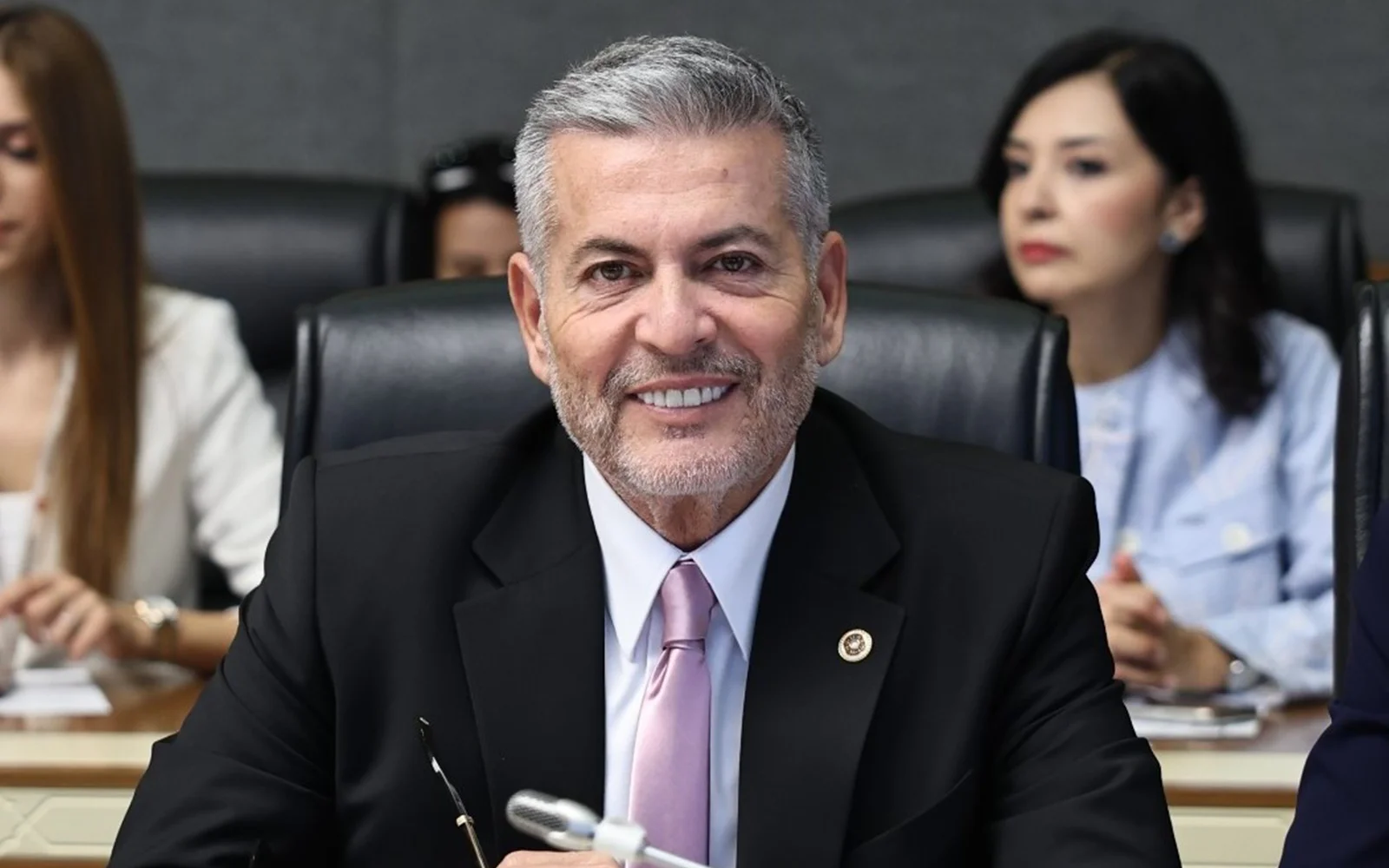Nationalist Movement Party Mersin MP and TBMM Digital Platforms Commission Member Dr. Levent Uysal participated in the TBMM Digital Platforms Commission meeting, where copyright regulations were also discussed.
The Turkish Grand National Assembly Digital Platforms Commission, chaired by AK Party Hatay MP Hüseyin Yayman, aimed to improve the “Intellectual and Artistic Works Law” in line with current conditions and address media sector demands to prevent intellectual property theft.
Uysal: Efforts Must Be Made to Prevent the Spread of Misinformation on Social Media
Speaking at the meeting, Dr. Levent Uysal briefed Competition Authority representatives and commission members on the threats posed by troll accounts spreading misinformation on social media. Uysal emphasized how this rise in troll accounts harms social peace, freedom of expression, public discourse, and democracy. MP Uysal said, “75% of our citizens prefer digital platforms, including social media, as their main source of news, and the presence of troll accounts on these platforms is becoming dangerous. The number of troll accounts increases daily, directly affecting the peace, security, and democracy of our society. Social polarization and hate speech are being spread through troll accounts, posing a threat to our national unity.”
Highlighting the need for legal regulations to combat troll accounts, Uysal cited examples from other countries. He stated, “Countries like the United Kingdom, Germany, and France have legal regulations to combat troll accounts on social media. In Germany, a law requires social media companies to remove content that violates the constitution, such as propaganda from illegal organizations or incitement to crime, within 24 hours after a complaint. This regulation has proven effective. Six months after the law came into effect, Facebook removed 21%, YouTube 27%, and Twitter 11% of the reported content. In France, the ‘Fake News Law’ was introduced to prevent the spread of false news on digital platforms, particularly during election processes, and to hold social media platforms accountable for sponsored content. In Türkiye, we must implement legal regulations that strike a delicate balance between freedom of expression and hate speech, between intellectual debate and social polarization, preventing the spread of misinformation and fostering healthier public discourse.”
Uysal: Social Media Addiction Harms Türkiye’s Economic Productivity
Dr. Levent Uysal highlighted that approximately 63 million people in Türkiye use social media platforms, spending at least 3 hours daily on them, which inevitably leads to social media addiction. He explained what needs to be done, stating, “The age group that spends the most time on social media is our 18-34-year-old citizens, the youngest, most dynamic, and most productive segment of our population. Social media addiction poses two major threats. First, as I mentioned earlier, false information spreads rapidly to a large audience through troll accounts. The second major threat is that our most dynamic and productive population spends a significant portion of their day on these platforms. The first threat creates a social cost by disturbing public peace, while the second creates an economic cost. The threats posed by social media addiction are not unique to our country. Many countries are enacting or working on legal regulations in this area. The European Union’s law on ‘Combating Social Media Addiction’ aims to regulate the addictive mechanisms of social media platforms. Regulations such as banning autoplay or infinite scrolling, preventing attention-grabbing interface designs, or ads aim to reduce and prevent social media addiction. Implementing similar regulations in Türkiye could reduce the time our young and middle-aged citizens spend on social media, encourage them to use their time more productively, and significantly reduce the threats social media addiction poses to social peace and economic productivity.”
Uysal: Revenue from Physical Publications by Media Outlets Has Declined
Uysal pointed out that the revenues media outlets generate from physical publications have decreased significantly with the rise of digital media, while revenue from digital content is being earned by digital distribution platforms like Google, rather than the content creators themselves, leading to a loss of income for media outlets. He emphasized that a digital copyright law is necessary to address this issue.
Uysal stated, “In Türkiye, copyrights are protected under the Intellectual and Artistic Works Law (FSEK) No. 5846. However, the law criticized for not protecting digital content was enacted in 1952. Today, the public distribution of publications in digital media brings copyright issues. Protecting the publishing rights of works that are produced and later reproduced on digital platforms is a matter of importance. Much of the content created in these environments consists of press publications. It is legally unclear which of the media’s publications fall under the ‘Intellectual and Artistic Works Law.’ Traditionally, industries such as journalism and music, which operate in physical formats like newspapers, albums, and magazines, are no longer consumed as much, reducing the revenues of companies in these sectors. Today, ‘advertising revenues’ on digital platforms constitute a large part of the internet economy. For example, in 2023, Google generated $305 billion in total revenue, with over 77% of that coming from advertising. Content producers, such as news sites, do not fully benefit from advertising revenues. For content creators to earn advertising income, digital content must be covered by copyright law. In this regard, the United States enacted a law in 1996, and Germany in 2018. In Türkiye, 73% of users go online to find content on topics they are curious about, and 67% use the internet to follow the news. Six of the 20 most visited sites are news sites. To protect content creators’ rights and ensure fairness in digital media, the ‘Digital Copyright Law’ must be drafted. As the Digital Platforms Commission, we will continue our efforts to protect the copyrights of intellectual and artistic works.”

